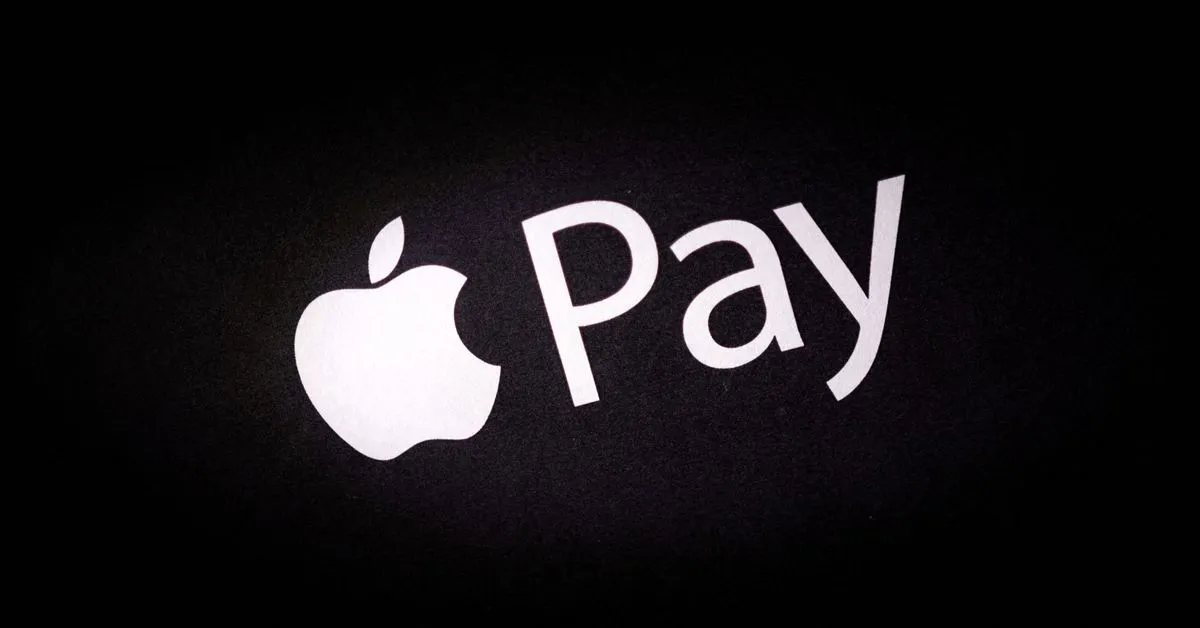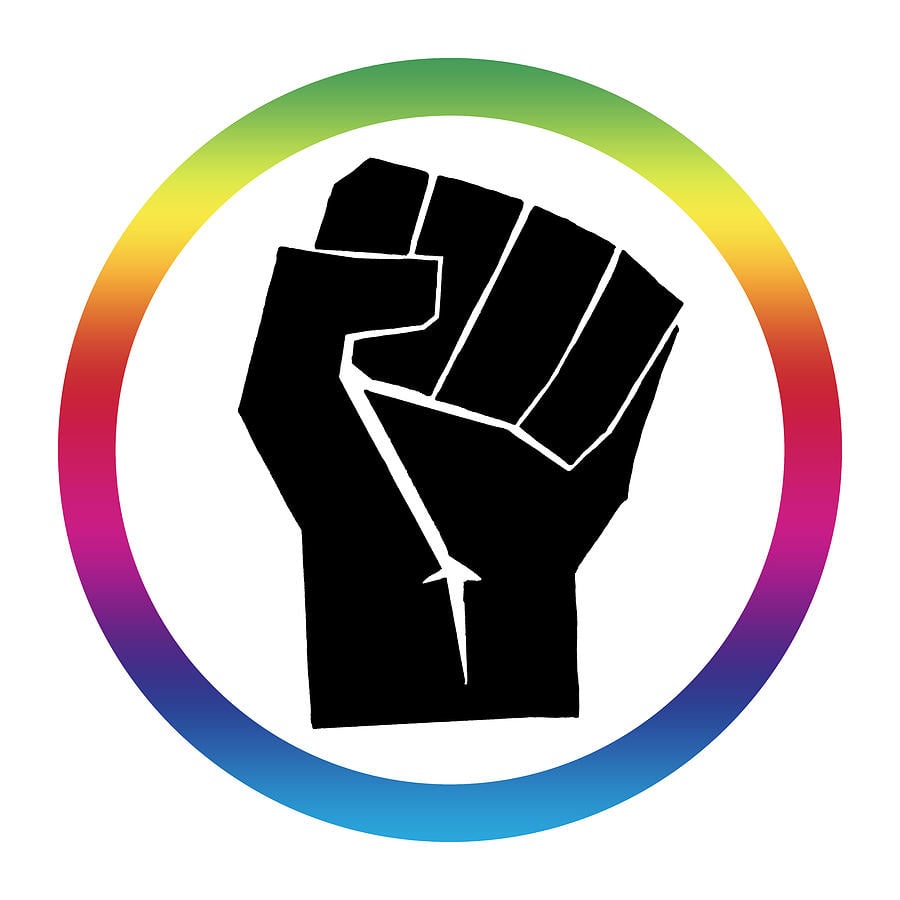I’m not really sure that’s a fair argument. Android generally pushes Google Play, and Samsung devices push Samsung pay. Sure, Android has more choices, but it’s still device manufacturers pushing their own products.
Of course Apple should allow competition within their ecosystem, but Samsung and Google are basically doing the exact same thing.
“Pushing” their services is one thing. Blocking access to the NFC, as Apple does with iPhones, is much worse. IMHO, neither should be permitted.
Why not block? Apple makes the hardware and the os. They should have control over the things they make.
Imagine picking a gas station based on your car model…
I’m going to introduce you to Tesla.
Well Tesla is starting to open up the charging stations, plus just about every EV manufacturer is moving over to the NACS plug standard in 2025, NACS is the Tesla plug standard.
How is that the same? Tesla doesn’t force you to use their superchargers you can charge anywhere really: charge point, evgo or any of the other options. More of the reverse is true where you can’t use superchargers in other manufacturers, but like the other user commented they are opening that up soon albeit not all stations just a portion.
More than a century ago we decided that that kind of monopolistic behaviour is bad for the economy and society in general, so we made laws to ban it. You’re welcome to lobby your politicians to dismantle anti-trust laws. You just won’t get much support. Monopolies are quite terrible.
And you might have an argument if there weren’t a couple dozen different phone manufacturers.
Nobody is forced to buy an iPhone and participate in the Apple ecosystem. They’re far from the only option.
There are many Android phone manufacturers. But only one iPhone manufacturer. It would be no different if Microsoft started blocking other software competitors in Windows.
Windows largely does actually have a monopoly though. They make up 70% of the desktop OS market. Apple makes up less than 30% of the smartphone OS market share with Android making up over 70% across those dozens of Android OEMs.
Again, nobody is forcing anyone to buy an iPhone. There’s a plethora of competition for phones and Apple is a minority player in the market. Real hard to have an anti trust/monopoly case against a player that doesn’t even hold a majority market share.
They make up 70% of the desktop OS market.
Which is why Microsoft has been the target of multiple antitrust suits over the years.
Apple makes up less than 30% of the smartphone OS market share
iPhones command more than 50% in the US. In fact, iOS accounts for 67% of all app spending. The latter is what legislators care most about.
It should be noted that antitrust laws are broad, and don’t have any arbitrary market share requirement to trigger. Players can distort markets in many ways, directly and indirectly.
You can also just use the physical card; there are plenty of choices. Consumers want to use Apple Pay specifically though because Apple created a really compelling experience for the end user.
It’s also worth pointing out that with Apple Pay, banks are forced to compete against each other for every transaction. Every card is treated exactly the same as every other card from every other bank, and they all get the same (best) user experience. Banks would prefer if their app were the default for NFC, making it more difficult to mix your use of cards from different banks.
Locking down NFC for payments is in many ways, paradoxically, pro-competition.
Certified Apple biggest sheep spotted. If it’s done by Apple, everything is great and perfect; just like how they don’t collect personal data without user consent. 😂 🤣
The existence of other options isn’t sufficient defence against anti-trust suits. There are other options to Windows, but Microsoft has been the target of multiple anti-trust suits over the years.
Windows had a grater than 95% market share during their biggest anti trust suit.
That’s a legitimate monopoly.
Apple is nowhere near a monopoly. There’s a plethora of competition.
Windows had a grater than 95% market share during their biggest anti trust suit.
There is no legal definition of a “legitimate monopoly.” 95% or 30% or even 0%. Anti-competitive practises which distort the market and prevent consumer choice are illegal. This has nothing to do with the market share Apple holds. It is about them restricting competition.
Look up anti competitive behavior and previous antitrust lawsuits to see how bad that becomes.
I’m sorry, no. I say this as someone who has been full on in the Apple ecosystem for decades. Other than my Linux gaming computer and my Garmin watch, pretty much all my personal devices are made by Apple.
I paid money for that NFC device in my iPhone. I should own it, not Apple. In the same vein, I paid money to have iOS running on the hardware I’m supposed to own. I should be able to decide what I want to run on it.
Unfortunately, at the moment I personally find all the alternatives much worse, so I begrudgingly accept those limitations. That doesn’t mean I like them, it doesn’t make them right, and it certainly doesn’t excuse Apple’s anti-consumer behaviour on those particular matters.
And I own the phone and I should be able to do what I want with it. Why does the company providing a product get more rights to that product than the individually physically owning it. Bs like that, like not supporting proper sideloading, is why I moved away from apple.
Then you made the right choice for you.
Apple decided to implement in their OS one wallet for payments, one consistent set of user experience with security and privacy, open to pretty much any payment card. If you want something else, use something else.
They didn’t decide one wallet for payments, they decided to prevent anyone else from implementing something that could compete with their own offerrings. This is like Microsoft forcing you to install Windows on mac hardware and you praising them for removing the choice to have alternatives.
And yet not at all like that
How is it not. Ons company using their position and influence to compel consumers to use their products the way company wants. I see the same
That argument only works if they let you use the phone for free. Otherwise by taking your money for it they’re giving you the right to do what you want with it.
I mostly agree, but then I think about how I have a Samsung phone but can still use Google Wallet instead of Samsung Pay because it’s an open ecosystem. They both push their own products, but the end user is ultimately able to use whatever product they want. This is clearly not the case for Apple, which is what I’m guessing the case is about.
It has to be this. As a non apple device user, I can use ANY pay system EXCEPT Apple pay. You must own an apple device to use it. There might be some roundabout way on PC with iTunes, but even if there is, it’s unaccessible on a phone.
I definitely agree, all I meant is I think they should probably also be going after other companies as well.
Android may push Google pay, but you can still use other options. Samsung pay, some banks have their own contactless payment apps. You have a choice, even if you are nudged in one direction.
On iOS there is no choice. You use apple pay or you use nothing.
If we’re following your argument, the logical conclusion would be fuck all of them. So there’s no point in complaining when that’s 1/3.
My argument is that we should be going after more than just Apple. Apple is clearly the most at fault here, but that shouldn’t excuse companies like Google and Samsung.
The head of the FTC gets a lot of flak from the elite enforcing antitrust laws. But they do get them eventually. They JUST started the Amazon antitrust filing and Google got hit with a suit over their Ads business.
This is the best summary I could come up with:
Sept 27 (Reuters) - Apple (AAPL.O) was ordered on Wednesday to face a private antitrust lawsuit by payment card issuers accusing the company of thwarting competition for its Apple Pay mobile wallet.
U.S. District Judge Jeffrey White said the plaintiffs could try to prove that Apple violated the federal Sherman antitrust law by enforcing a 100% monopoly over the domestic market for tap-and-pay wallets for iPhones, iPads and Apple Watches.
Apple, based in Cupertino, California, did not immediately respond to requests for comment.
“There are billions at stake so getting by the motion (to dismiss) largely intact was huge for the class.”
They said Apple “coerces” people who use its smartphones, tablets and smart watches into using its own wallet for tap-and-pay transactions, unlike makers of Android-based devices that let people choose wallets such as Google Pay and Samsung Pay.
European Union antitrust regulators accused Apple in May 2022 of abusing its dominance in iOS devices and mobile wallets.
The original article contains 355 words, the summary contains 159 words. Saved 55%. I’m a bot and I’m open source!
antitrust lawsuit by payment card issuers
This is to benefit payment card issuers, not users, and you probably don’t want their “innovation”.
A well-deserved honor.
~I thought there were third-party payment systems on the iPhone already (including ones using NFC)?
And even the convenience advantage Apple Pay enjoys should be gone on the 15 Pro at least as you can map your third-party payment app to the action button.~
EDIT: I stand corrected, see replies.
Sadly not. Apple explicitly prevents payment apps from using the NFC. It’s blatantly anti-competitive and the DMA will soon open this up in the EU.
Nevermind then. I could’ve sworn I read somewhere that a bank on my country had their own payment system available on the iPhone.
They might use a workaround. QR codes, barcodes, etc. Some banks have done this, but the user experience is poor.
As blatantly anti-competitive as it may be, I don’t want to be in a position where, if I want to pay for something with my phone, I’m forced to use whatever shitty application my bank decides to implement (I’ve had banking applications just decide to stop working for a few days, for no apparent reason; there are banks that have countless applications, each doing something slightly different, with complex, oftentimes downright hostile authentication methods, involving combinations of these apps)
I like the fact that, regardless of card I use, they’re all exposed through the same simple Wallet application, that always works.
The big difference in such a situation is that you have the freedom to choose a different bank if their payment app is bad. You do not currently have the freedom to choose a different payment app on your iPhone. This is the fundamental issue the EU and US are addressing.
I have the freedom to use a different phone at any time. I chose Apple because of a better user experience, better security and privacy
For NFC, no one really does that even on Android even though NFC is available for use. Instead, in some countries they use QR-code payments to bypass the NFC limitations that Apple imposed.
I’ve seen that done in Germany, and I was kind of shocked. You could only pay using NFC from the banks’ app.
Man that’s pretty stupid. I’m guessing they don’t use Visa/Mastercard and instead use a proprietary protocol?
Nope Apple has NFC payments locked up in their garden
One of the uses of Apple Wallet is to auto-fill web payment forms. You use any credit card you want for a great user experience, and Apple is not charging anyone
deleted by creator
There are choices. You don’t like Apple Pay, get an Android phone.
Apple is manufacturing the phones and creating the ecosystem associated to the phone.
Because they manufacture the whole thing, they may get away with it as a hardware feature, which they protect for security and privacy reasons, which is their sales pitch to their customers.
Apple doesn’t sell its OS to other manufacturers.
Google does. And because they do that, they have to let other manufacturers have access to the OS features that manage payments through .
Android phones have been dinged with vulnerabilities through NFC technology.
Microsoft has been dinged with anti-Trust losses because they forced their features on other devices and quenched other manufacturers to do what they wanted. Apple doesn’t deal with other manufacturers. Apple doesn’t force customers to only do Apple Pay for transactions. Sure, it’s a feature they offer, but you can use Venmo, PayPal, Zelle, etc. with your phone. Even Google Pay. Just not with the phone’s hardware. They don’t even force you to use their card to pay.
In fact, Google and Samsung could use the payment system from Apple, if they create a bank and a card. But no, they can’t design software that could create vulnerabilities to Apple devices…and if that’s Apple’s competitive advantage, why should they give it away?








